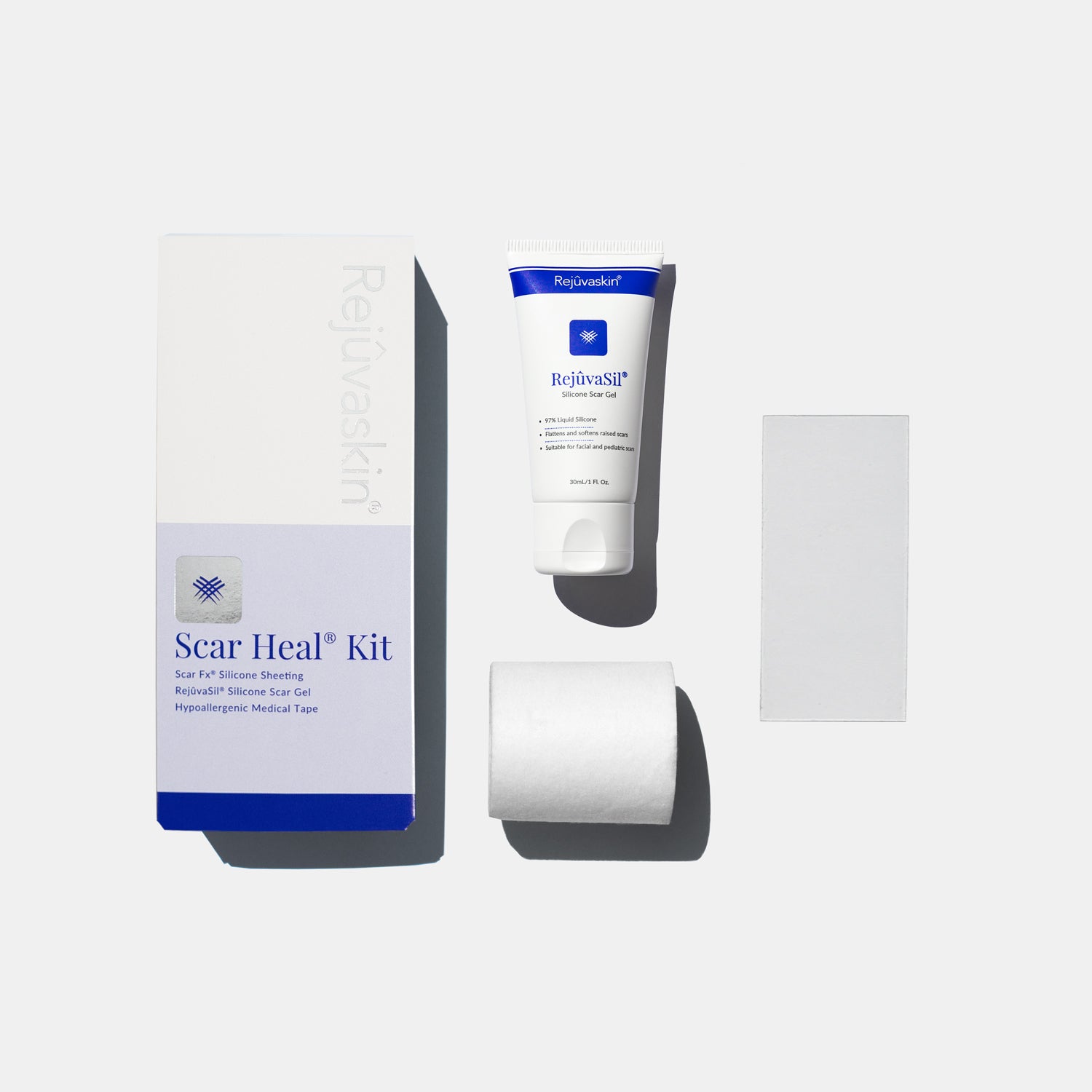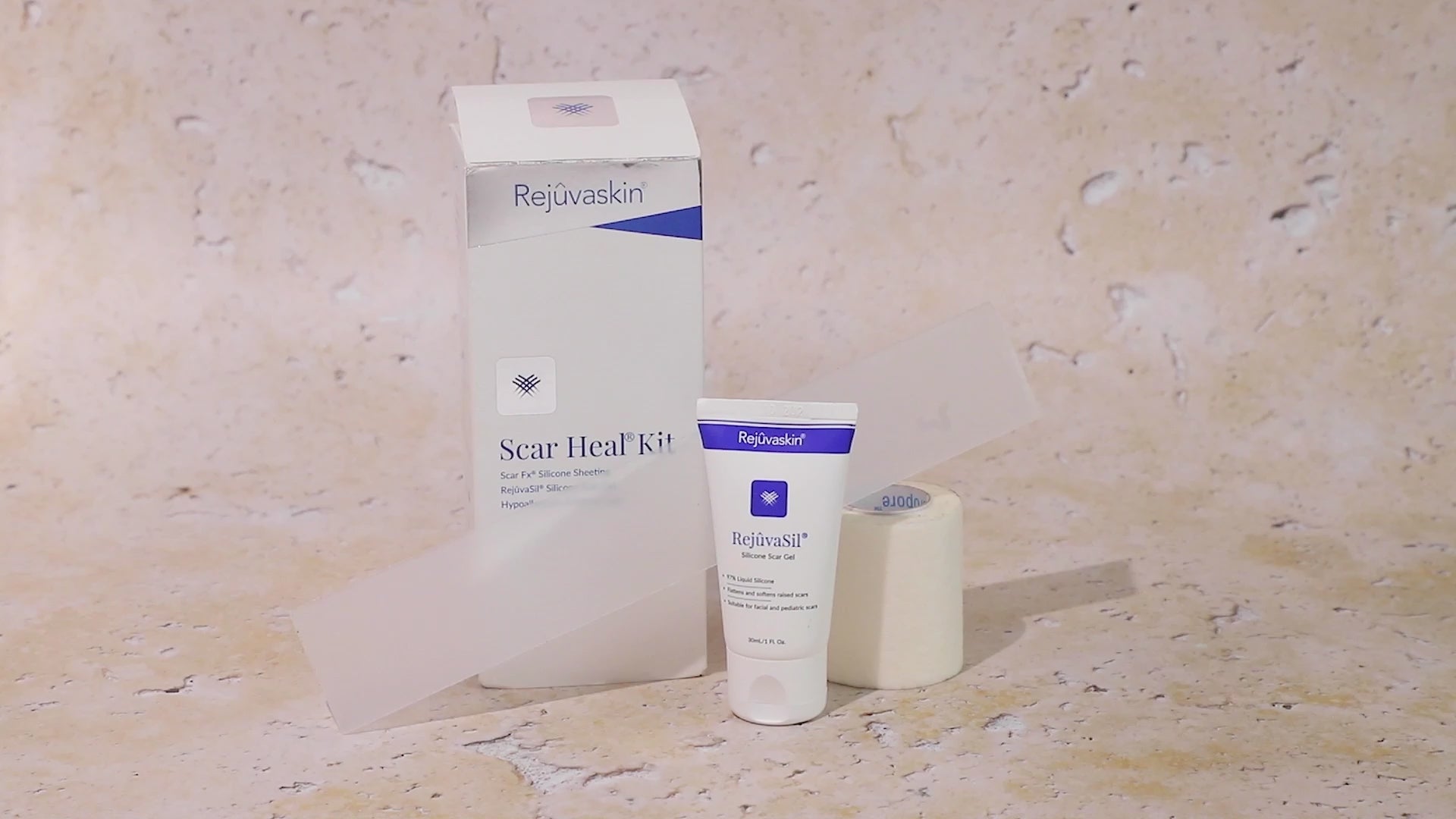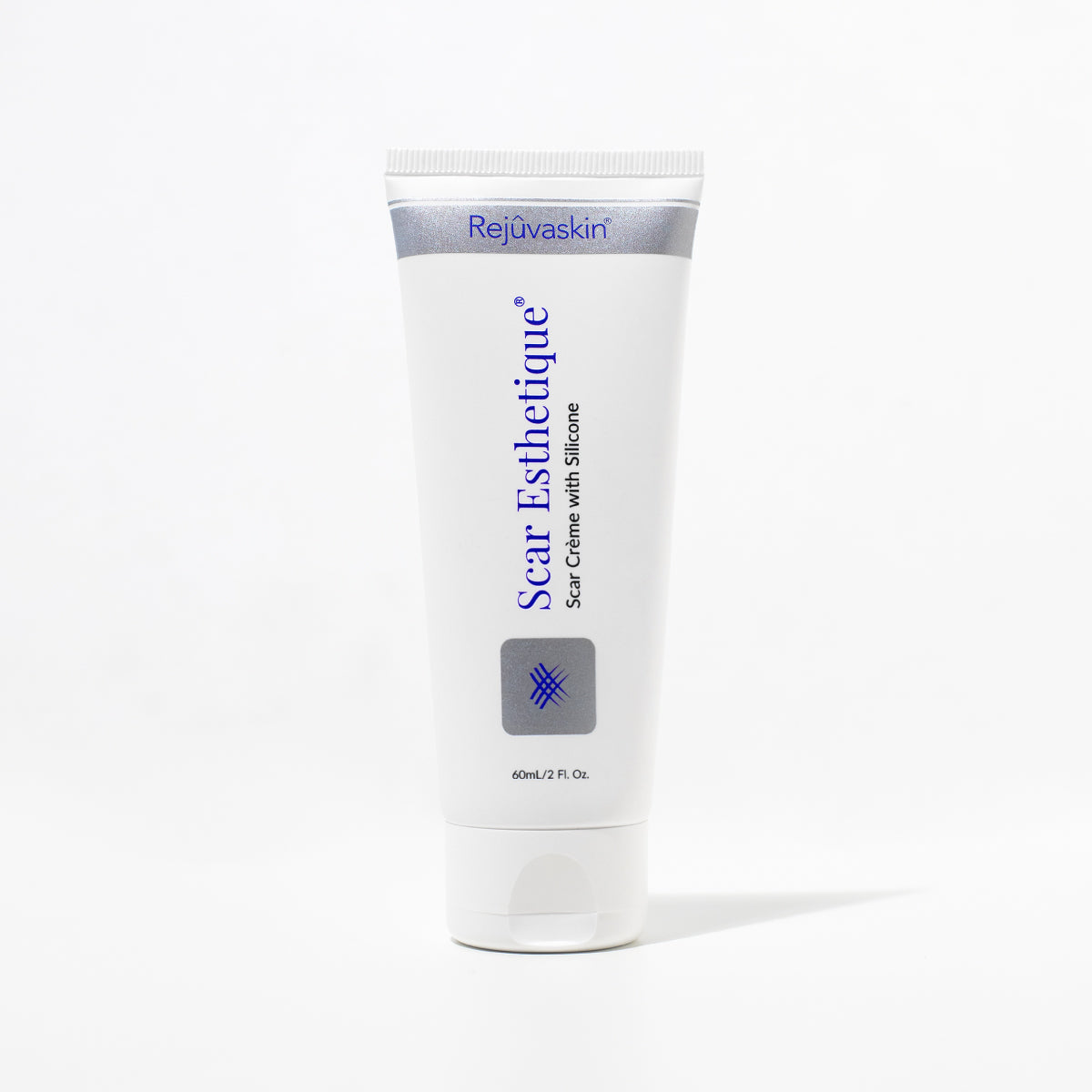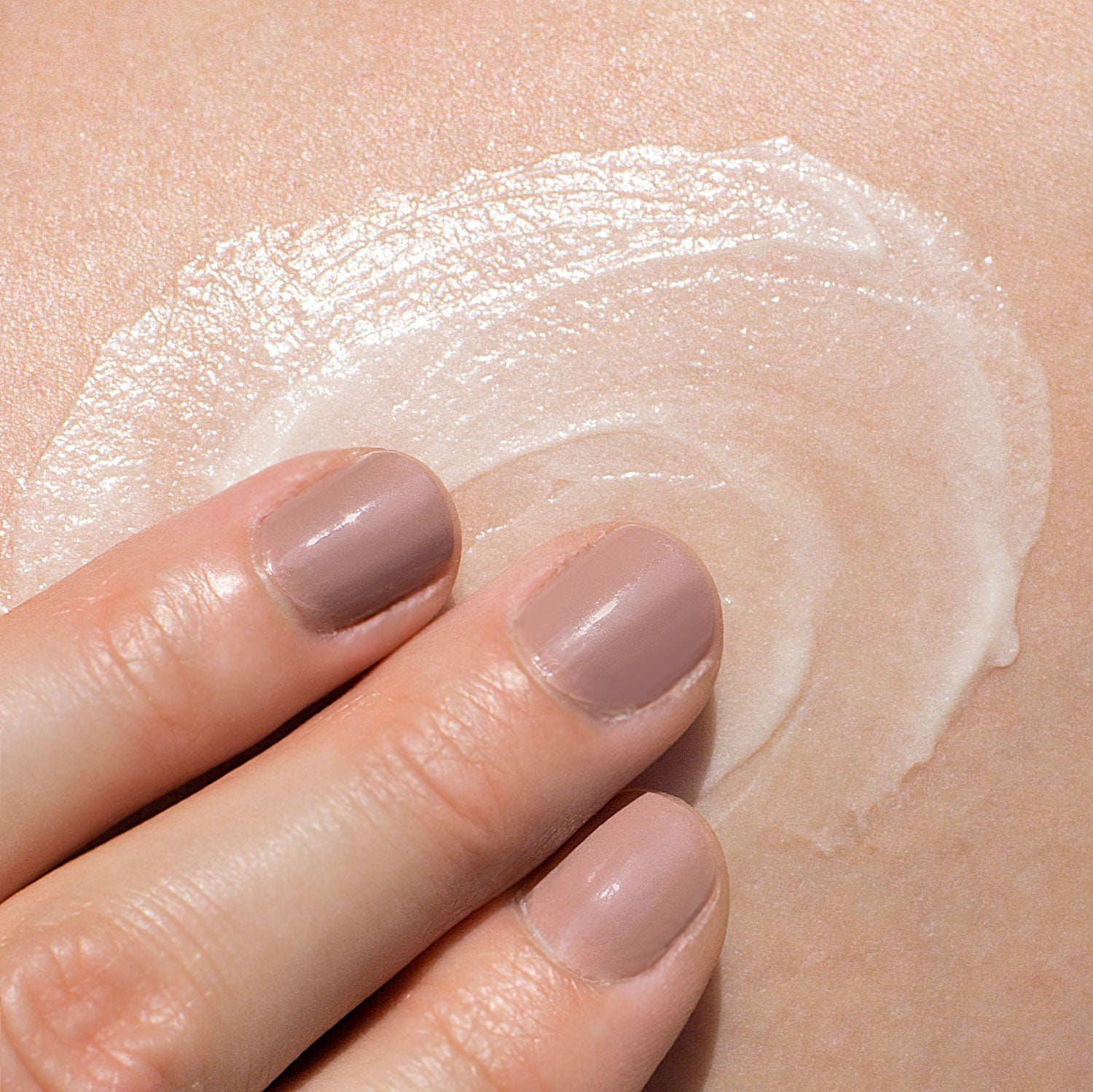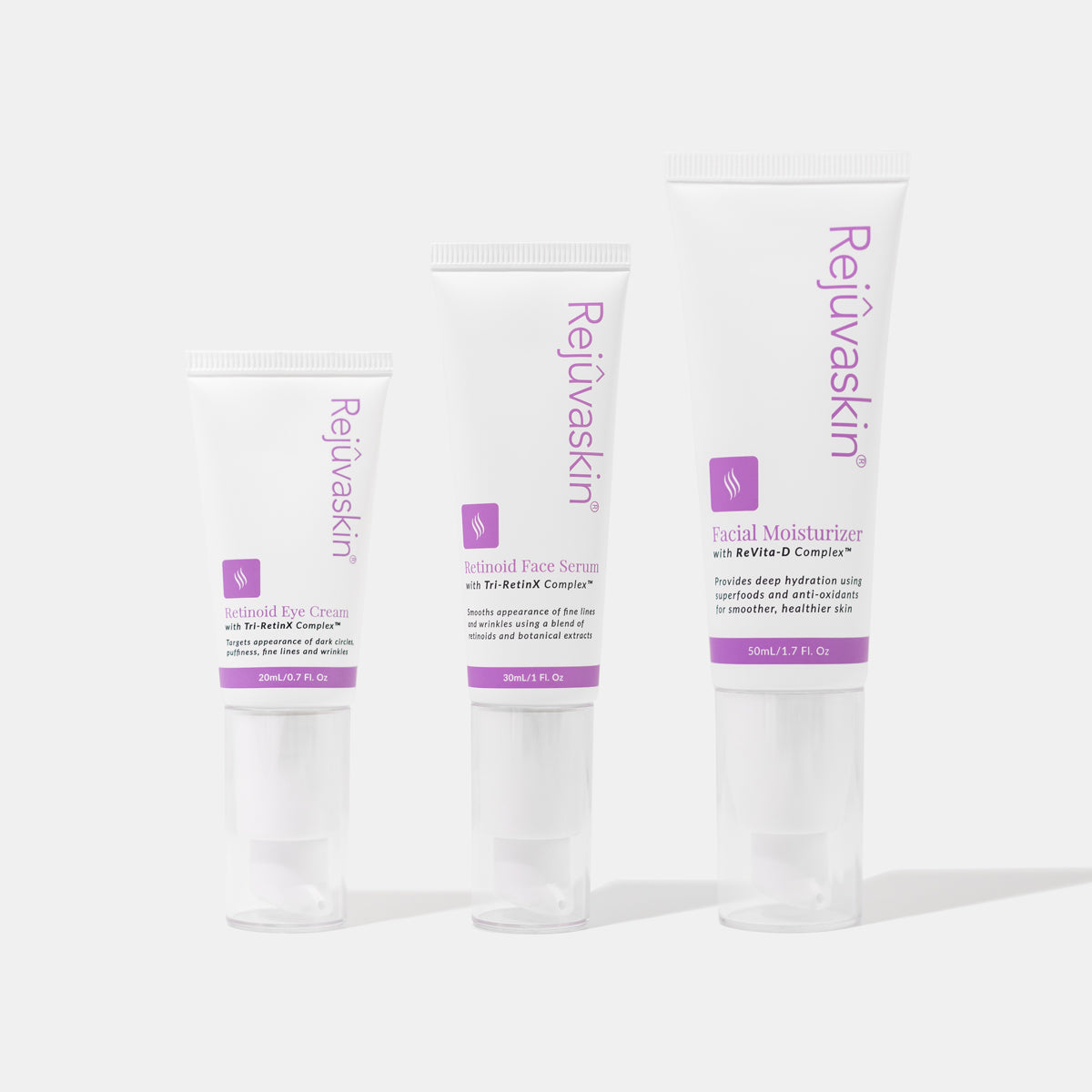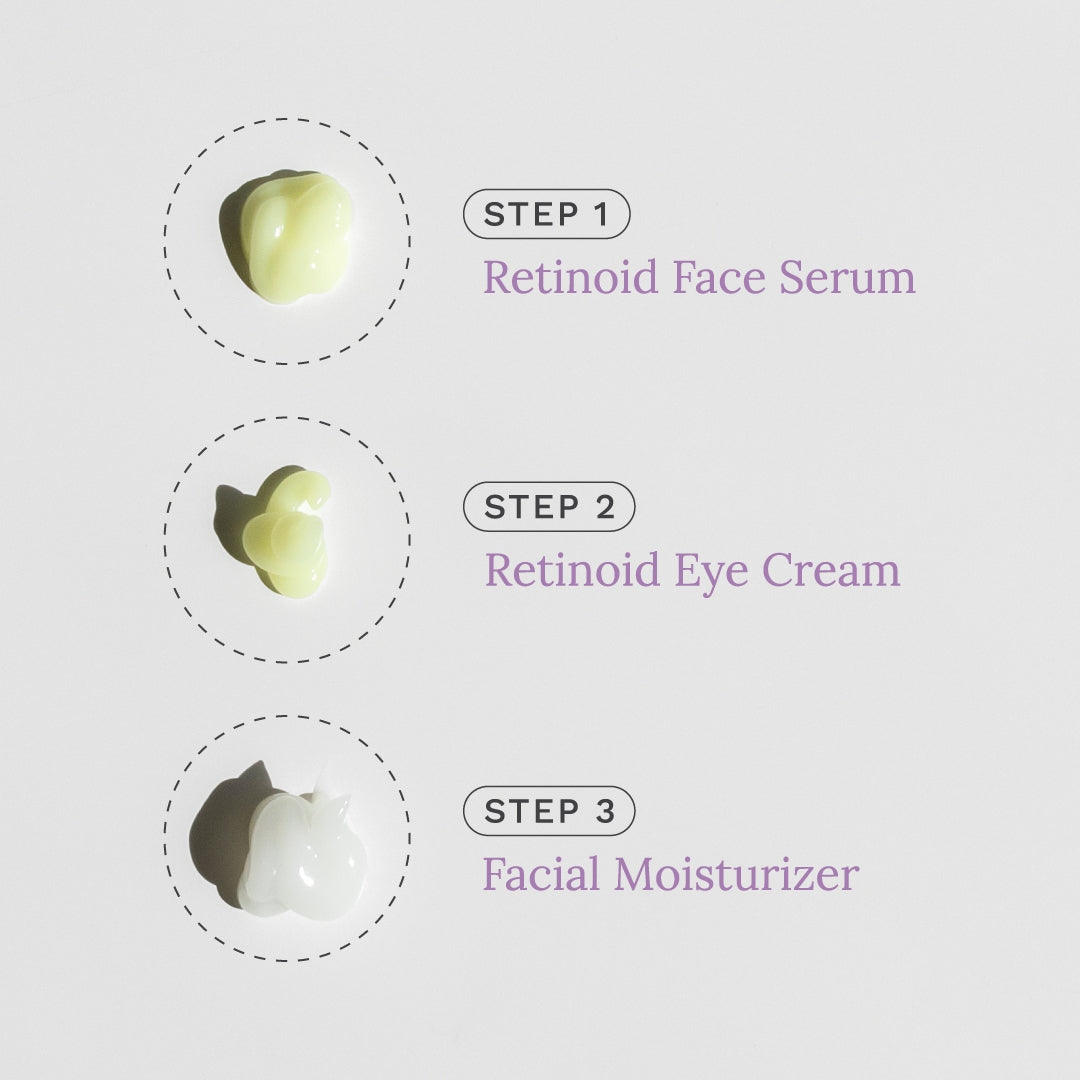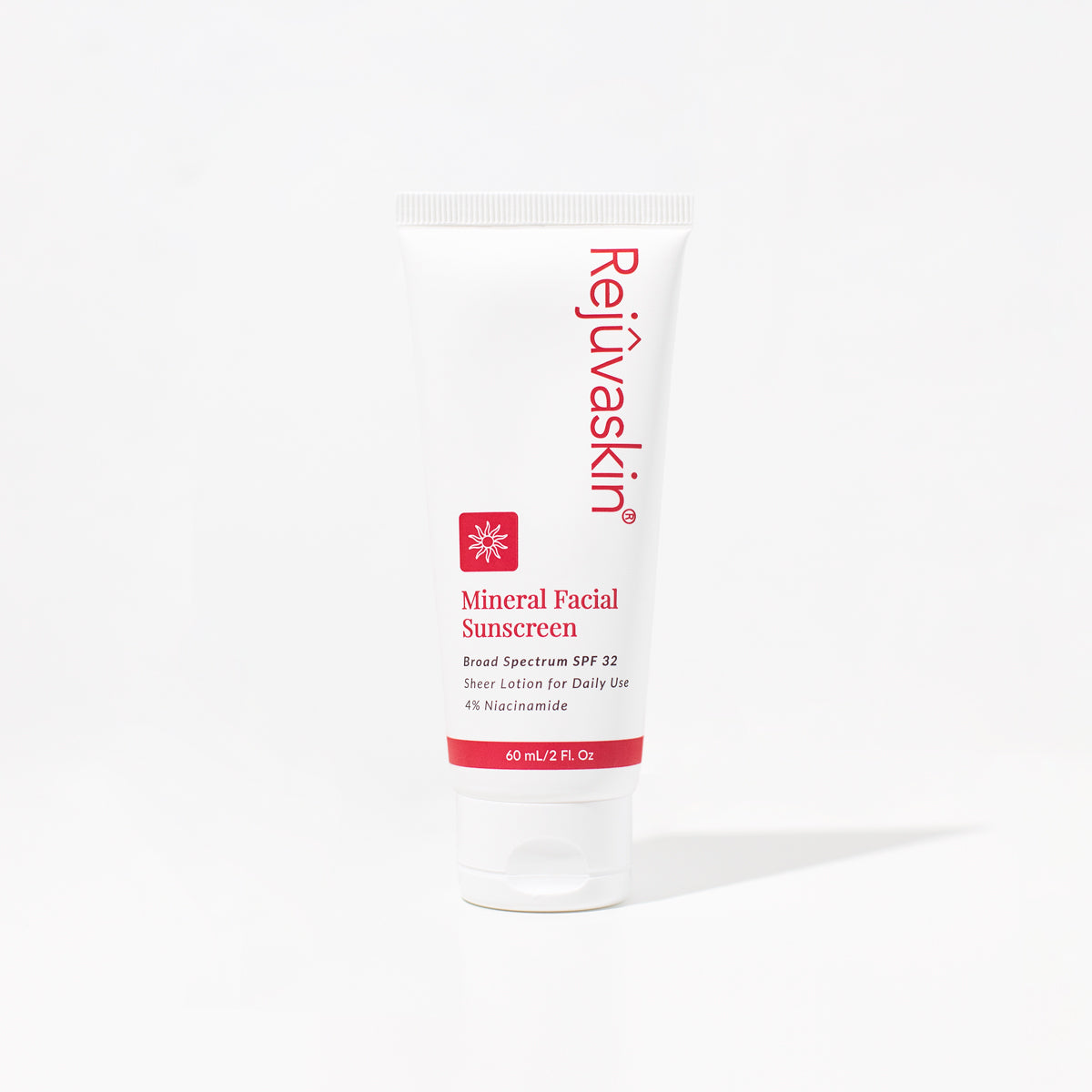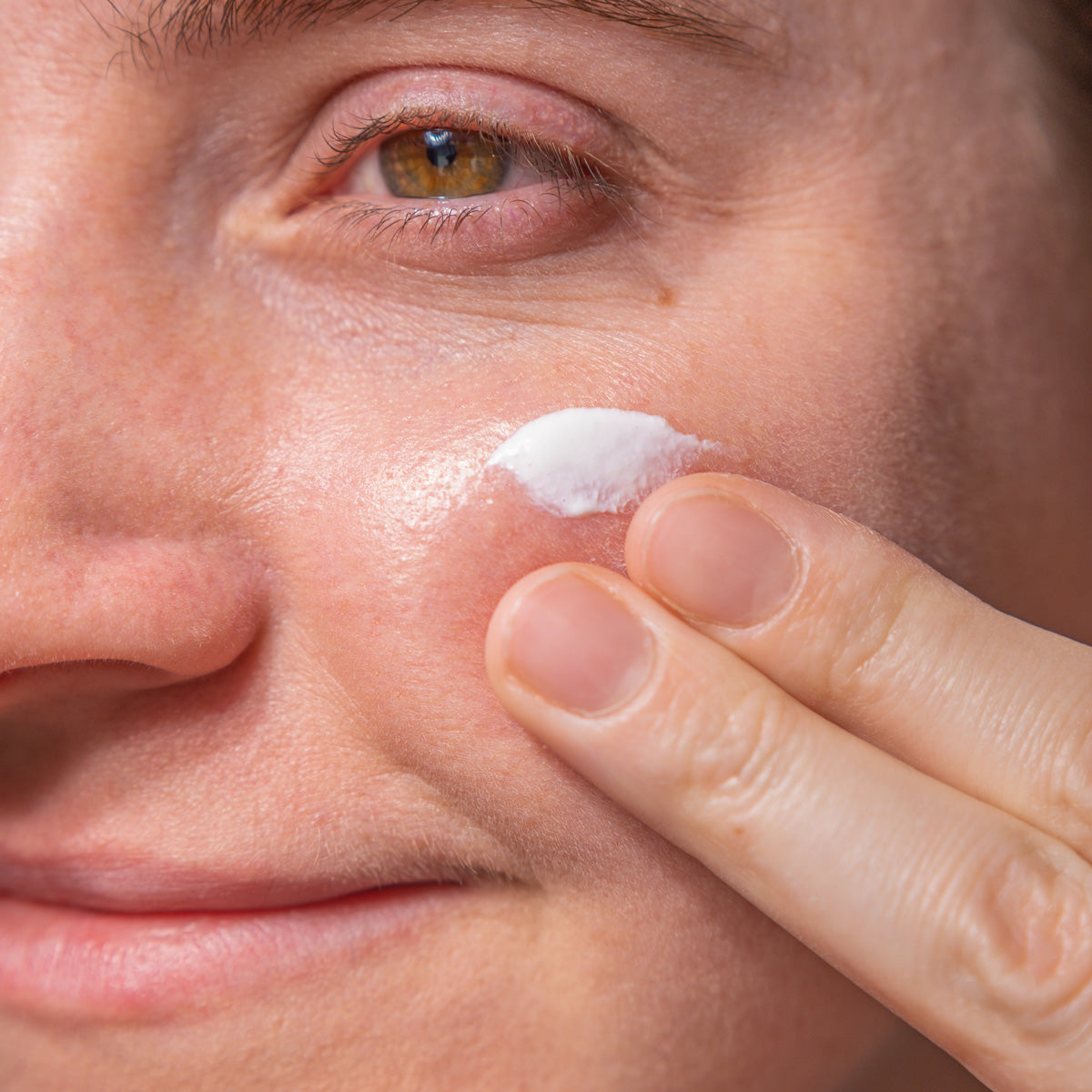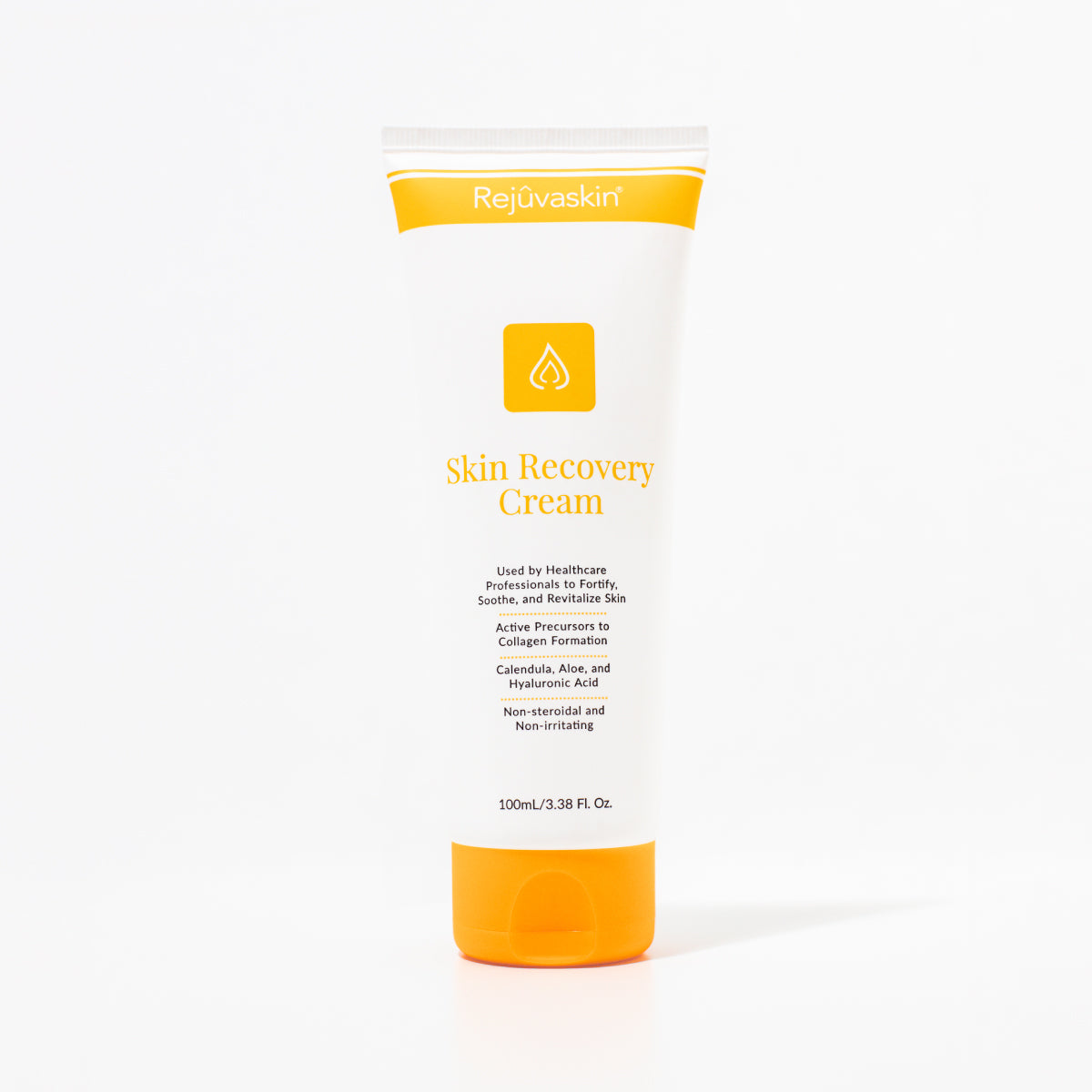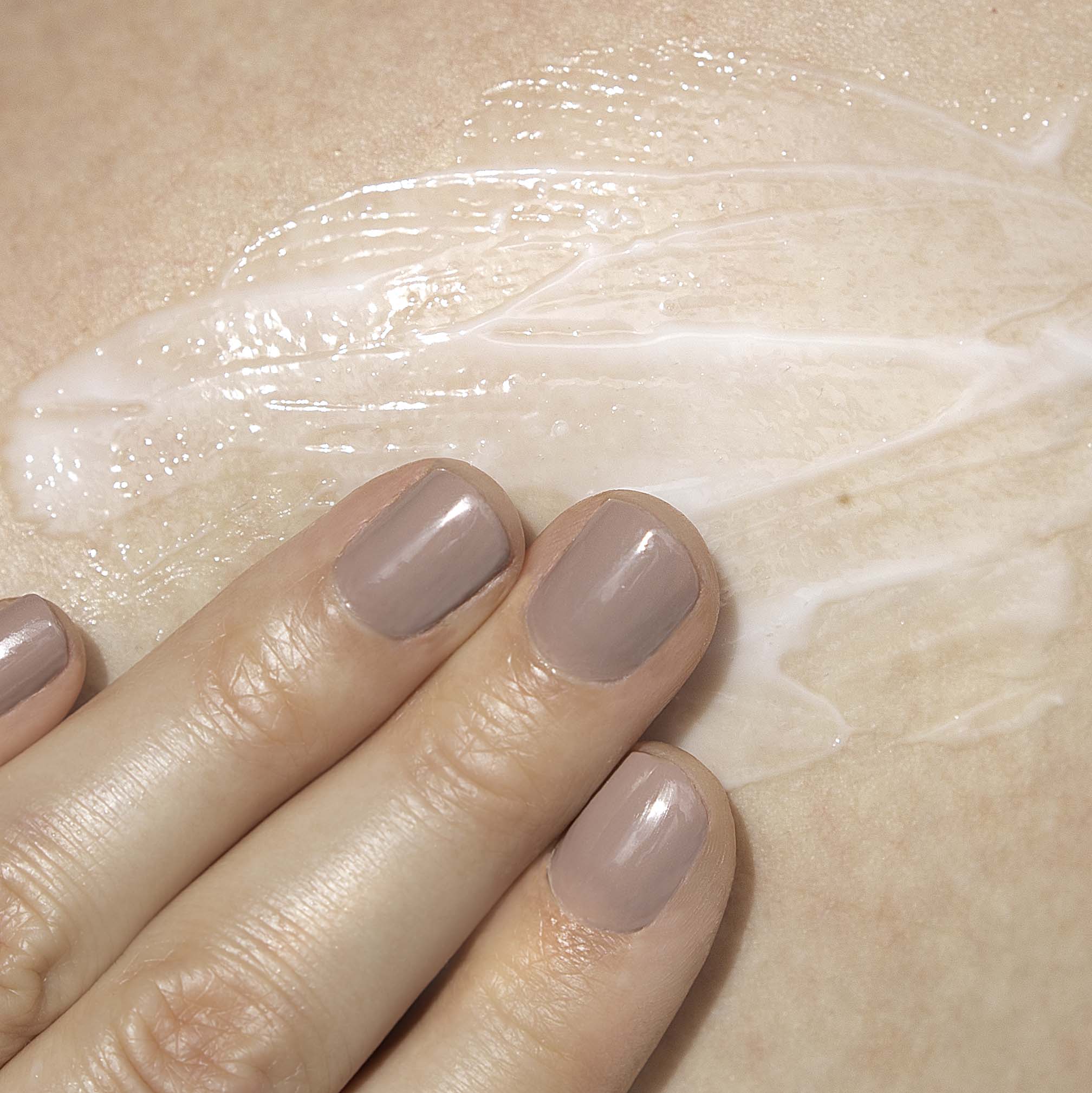According to a 2004 study by David R. Bickers, nearly 50 million Americans struggle with acne each year. That’s a shocking number of people dealing with facial sores and potentially struggling with their self-image and confidence. As any acne sufferer is aware, this skin condition can be incredibly difficult to treat due to the various types of acne out there and challenges with finding a treatment method your acne actually responds to. To further complicate things, acne often leaves pitting and scars - so even if you overcome your acne troubles, it may leave you with scars that are difficult to cover.
Luckily, research and cosmetics have come a long way in the past few years - there are now multiple treatment options that can help you achieve the smooth, beautiful skin we all know you have!
What Causes Acne Scars?
Acne sores are usually tiny cysts contained in a single pore. The accumulation of sebum (natural, oily secretions made by your skin), dust, and normally-friendly bacteria can cause these cysts to form. Unfortunately, when the blockage becomes large enough, the original pore grows to many times its size.
These blockages stretch the skin and make the pores extremely visible; this is why your doctor and dermatologist will always advise against popping pimples! The more you put pressure on your clogged pores, the more they stretch and warp. More stretching leads to significant scarring when the cyst finally ruptures and heals. As you begin your acne scar treatment, you’ll also need to minimize future scarring.
Will Acne Scars Go Away?
Just like any scar, the appearance of your enlarged pores and discoloration will fade. However, most of us struggle with how our skin - especially on our faces - looks. For discoloration, the key is to reduce sun exposure; this darker tint in the skin results from hyperpigmentation, which is natural for scar tissue. If sun protection and time do not fit your timeline, laser and topical treatment options are available to speed up recovery.
Physical acne scars take many shapes, but there are two main categories: hypertrophic (raised) and atrophic (pitted). Atrophic scars are usually found on the face and respond well to chemical peels, laser therapy, fillers, and grafting. Hypertrophic scars may be more resistant but usually recover with steroid injections, laser therapy, and - if necessary - surgical removal.
Acne Scar Treatment
Perhaps you’ve spoken to your dermatologist and just aren’t excited about office visits for your scarring. Here at Rejuvaskin, we’ve developed a whole lineup of products specifically designed to help you reduce the appearance of your scars. We have creams and sheets for scars of all shapes and sizes; choose the RejuvaSil Silicone Scar Gel for your face and Scar Esthetique Silicone Scar Cream for your neck and back. For more extensive, raised scarring, our Scar FX Silicone Sheeting is the perfect overnight solution to help reduce your scars.
With our top-rated, well-loved scar products, we’re sure you’ll see a reduction in your acne scarring. However, remember to keep the acne at bay: no picking, use sunscreen, drink plenty of water, and use a good facial cleanser to keep your skin clean and healthy. We wish you luck on your journey to brilliant, radiant, acne-free skin.
